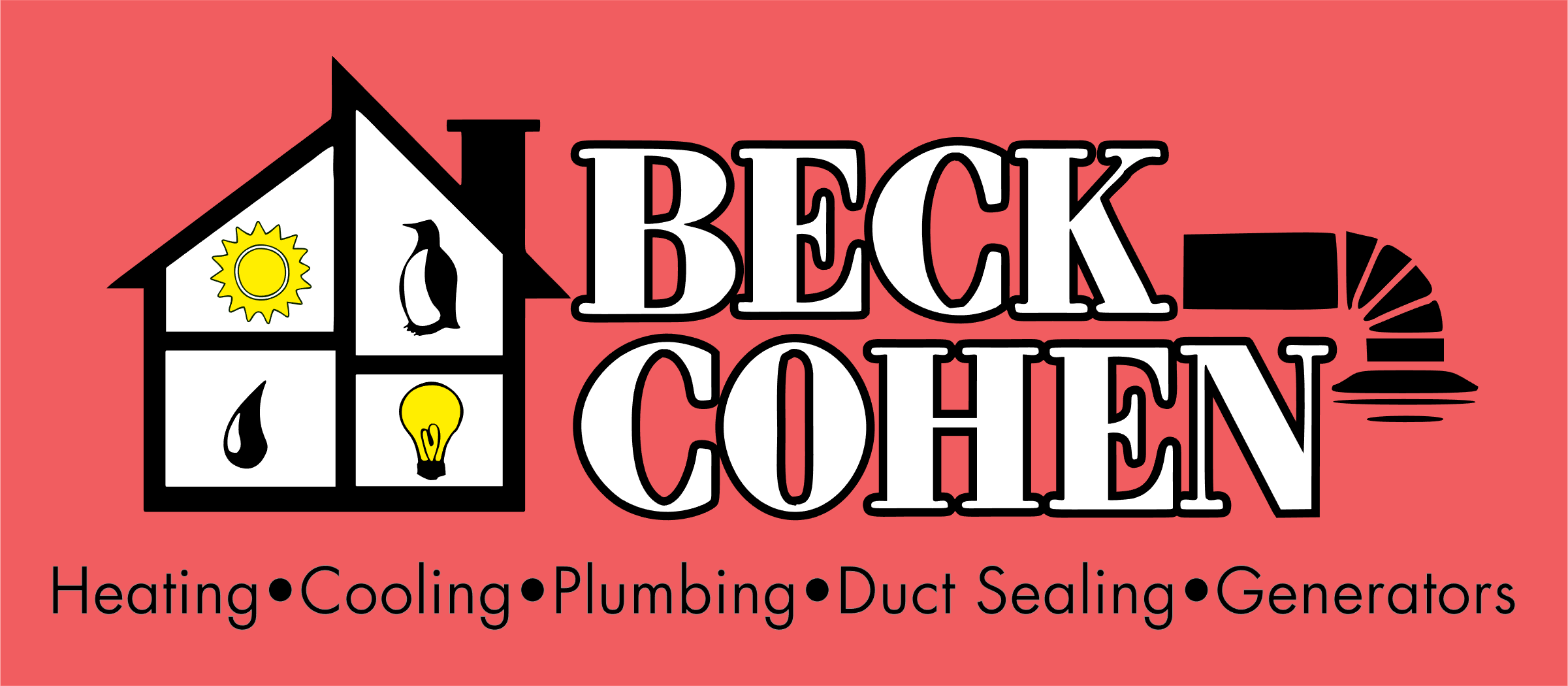5 HVAC Noises You Never Want to Hear
All home heating and cooling equipment make sounds. However, those noises, whether they’re at the startup or during operation, should be consistent. There are certain sounds that you never want to hear because they are a clear indication that something is wrong. 1. Screeching In our experience as a local heating and cooling company, screeching and squealing are among the most common bad HVAC sounds. At best, it probably indicates a worn belt, which is a relatively inexpensive repair. It can also indicate bad bearings in the motor. 2. Banging Banging, clanking, or thumping often indicates a problem with the motor itself or the blower assembly. If the banging is particularly loud, you should turn off the system immediately and contact a professional. Procrastinating can lead to a broken part and even damage to other parts. 3. Clicking While clicking when an HVAC unit turns on or off is normal, repeated clicking is not. If the repeated clicking is happening at a control panel or coming from an outside unit, then this is usually a good indication of a defective relay or other electronic component causing that relay to time out. 4. Rattling Rattling is almost always an indication of...
View Article Read More